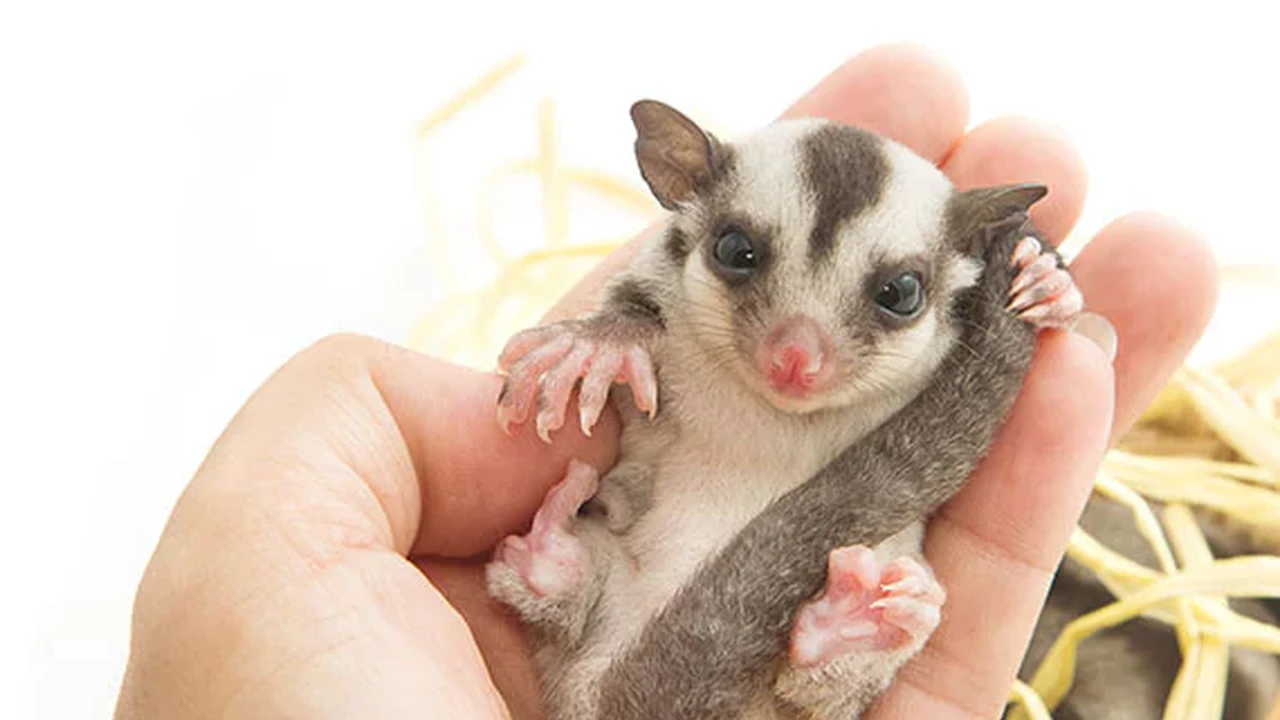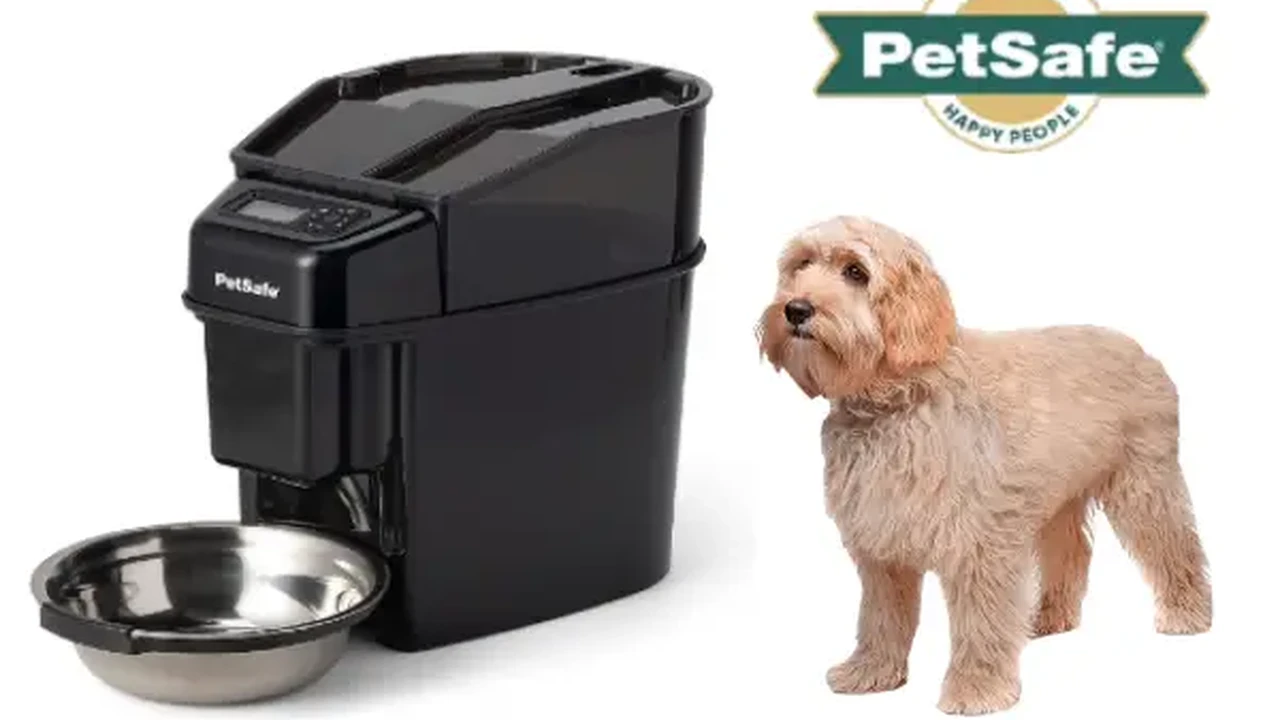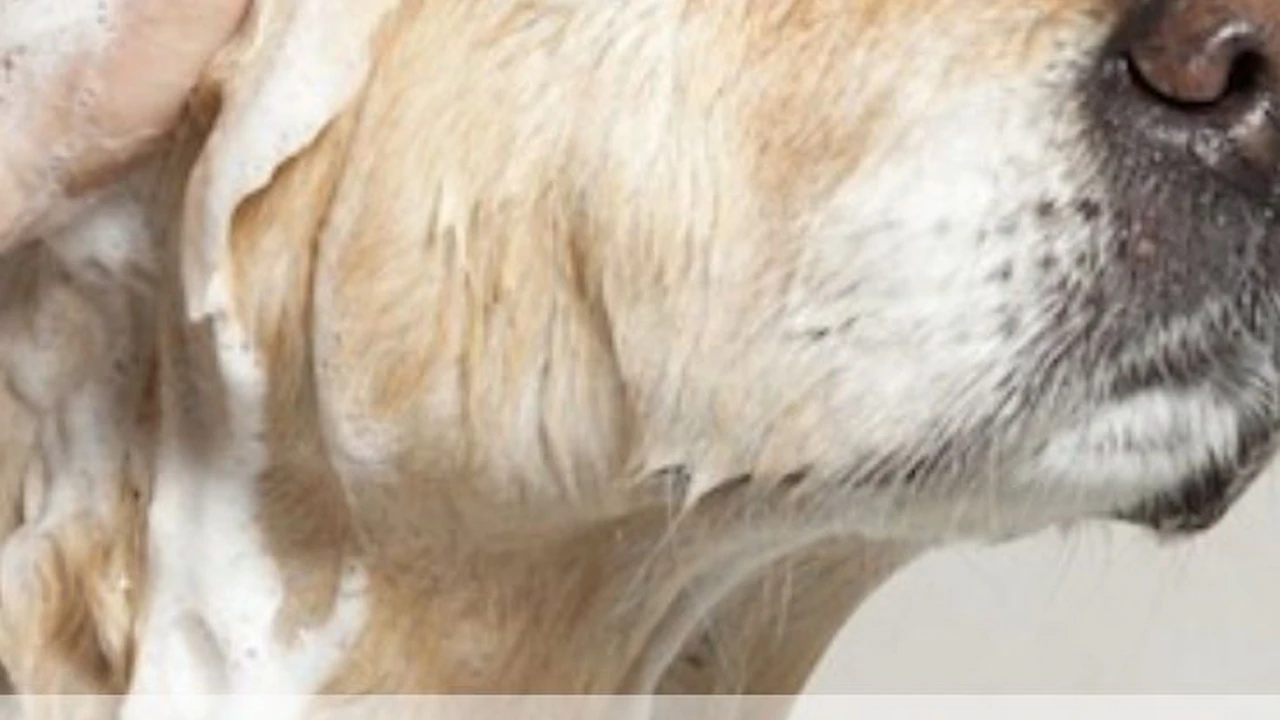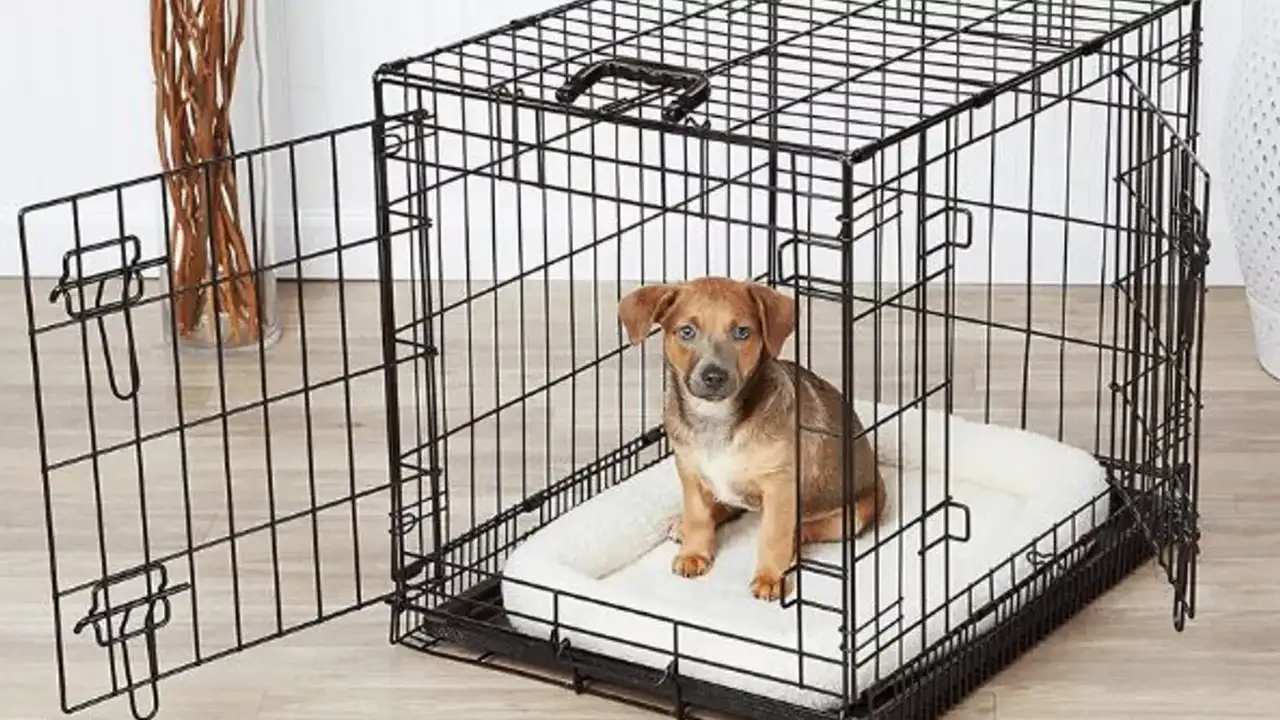Best Small Pets for Apartment Living: 7 Great Choices
Living in an apartment? These small pets thrive in smaller spaces. Discover pets that are well-suited for apartment life. Enjoy the companionship of a small pet in your apartment.

Understanding Apartment Living and Pet Ownership Considerations
So, you're living the apartment life and dreaming of a furry (or scaly, or feathery) friend? Great! Apartments can be fantastic places to live, offering convenience and community. But before you rush out and adopt the first adorable creature you see, let's talk about what makes a small pet a good fit for apartment living. Space is obviously a big factor. You're not going to be happy trying to cram a Great Dane into a studio apartment, and neither will the dog! Noise is another concern. Barking dogs or loud birds can quickly lead to complaints from neighbors. And don't forget about your landlord! Many apartments have pet policies, including restrictions on the types and sizes of pets allowed, as well as pet fees or deposits. Make sure you read the fine print before bringing any animal home. Finally, think about your lifestyle. Are you a busy professional who's out of the house all day? Or do you work from home and have plenty of time to interact with your pet? Choosing a pet that matches your lifestyle is key to a happy relationship for both of you.
Hamsters The Classic Apartment Pet
Let's start with a classic: the hamster! These little guys are relatively low-maintenance and don't require a ton of space. They spend most of their time in their cages, so as long as you provide them with a comfy habitat, plenty of food and water, and some toys to keep them entertained, they'll be happy. Hamsters are nocturnal, which means they're most active at night. This can be a plus if you work during the day, as you can interact with them in the evenings. However, it also means they might be a bit noisy at night, so you'll want to keep their cage in a room where it won't disturb your sleep. There are several types of hamsters, including Syrian hamsters (also known as golden hamsters), dwarf hamsters, and Chinese hamsters. Syrian hamsters are the largest and need the most space. Dwarf hamsters are smaller and can be kept in pairs or small groups, but they can also be more prone to fighting. Chinese hamsters are less common but have a unique, slender body shape.
Recommended Hamster Products and Pricing
- Kaytee CritterTrail Habitat: A popular and affordable hamster cage, usually around $30-$50. It offers good ventilation and plenty of space for a single hamster.
- Silent Spinner Exercise Wheel: A must-have for hamsters! This wheel is designed to be quiet, so it won't keep you up at night. Prices range from $15-$25.
- Carefresh Small Pet Bedding: A soft and absorbent bedding that helps control odor. A large bag typically costs $20-$30.
Guinea Pigs Social Apartment Companions
Guinea pigs are another great option for apartment dwellers. They're social creatures who enjoy interacting with their owners, and they're relatively easy to care for. Guinea pigs need a larger cage than hamsters, as they're more active and need room to run around. They also need to be kept in pairs or small groups, as they can get lonely on their own. Guinea pigs are diurnal, which means they're most active during the day. This makes them a great choice for people who want a pet to interact with during the day. They're also relatively quiet, although they do make adorable "wheek" sounds when they're excited or hungry. Guinea pigs are herbivores and need a diet of hay, fresh vegetables, and guinea pig pellets. They also need a constant supply of fresh water.
Recommended Guinea Pig Products and Pricing
- Midwest Guinea Pig Habitat: A spacious and affordable guinea pig cage, typically priced at $60-$80. It's easy to clean and provides plenty of room for two guinea pigs.
- Kaytee Timothy Hay: A staple in a guinea pig's diet. A large bag usually costs $15-$25.
- Oxbow Essentials Guinea Pig Food: A high-quality guinea pig pellet food. A 5-pound bag typically costs $20-$30.
Rats Intelligent and Trainable Apartment Pets
Don't let the stigma fool you! Rats can make fantastic apartment pets. They are incredibly intelligent, social, and trainable. They bond strongly with their owners and can even learn tricks. Rats need a spacious cage with plenty of toys and enrichment. They are very active and curious and need opportunities to explore and play. Rats are also social animals and should be kept in pairs or small groups. Rats are omnivores and can eat a variety of foods, including rat pellets, fresh vegetables, and fruits. They also need a constant supply of fresh water. One thing to consider with rats is their relatively short lifespan, typically 2-3 years. This can be difficult for some owners, so be prepared for the emotional aspect of owning a rat.
Recommended Rat Products and Pricing
- Critter Nation Double Unit Small Animal Cage: A large and versatile rat cage, priced around $150-$200. It offers plenty of space for a group of rats and is easy to clean.
- Oxbow Essentials Adult Rat Food: A high-quality rat pellet food. A 3-pound bag typically costs $15-$25.
- Niteangel Activity Toy for Rats: Provides mental stimulation and exercise for rats. Prices vary depending on the toy, but typically range from $10-$30.
Birds Quiet and Engaging Apartment Options
While larger parrots are definitely not apartment-friendly, certain smaller bird species can be excellent companions. Finches and canaries are relatively quiet and don't require a lot of interaction. They are happy to sing and chirp in their cages, providing a pleasant soundtrack to your apartment life. These birds don't typically enjoy being handled, so they're best suited for people who appreciate observing their pets rather than interacting with them physically. Budgies (parakeets) are another popular option. They are more interactive than finches and canaries and can even be trained to talk. However, they can also be quite noisy, so be prepared for some chatter. All birds need a cage that is large enough for them to fly around in, as well as plenty of toys to keep them entertained. They also need a diet of birdseed, fresh fruits, and vegetables. Regular cage cleaning is essential to maintain their health and hygiene.
Recommended Bird Products and Pricing
- Prevue Pet Products Flight Cage: A spacious cage suitable for finches, canaries, or budgies, typically priced at $50-$70.
- Higgins Vita Seed Bird Food: A nutritious birdseed mix. A 5-pound bag usually costs $10-$20.
- JW Pet Company Insight Mirror Bird Toy: Provides entertainment for birds. Prices range from $5-$15.
Fish Calming and Low-Maintenance Apartment Friends
If you're looking for a truly low-maintenance pet, fish are a great option. A well-maintained aquarium can be a beautiful and calming addition to any apartment. Betta fish (Siamese fighting fish) are particularly popular, as they are colorful and relatively easy to care for. They can be kept in small tanks and don't require a lot of space. However, they are solitary creatures and cannot be kept with other betta fish. Goldfish are another classic choice, but they require a larger tank and more frequent water changes. Other good options for apartment living include neon tetras, guppies, and corydoras catfish. When setting up an aquarium, be sure to research the specific needs of the fish you plan to keep. You'll need a filter, heater, and lighting, as well as gravel, decorations, and plants. Regular water changes are essential to maintain a healthy environment for your fish.
Recommended Fish Products and Pricing
- Aqueon NeoGlow Aquarium Starter Kit: A complete starter kit for betta fish, typically priced at $30-$40.
- TetraMin Tropical Flakes: A staple food for tropical fish. A small container usually costs $5-$10.
- API Stress Coat Water Conditioner: Removes chlorine and other harmful substances from tap water. A small bottle typically costs $5-$10.
Reptiles Unique and Quiet Apartment Pets
Certain reptiles can also make good apartment pets, particularly for those seeking a quiet and unique companion. Leopard geckos are a popular choice due to their docile nature and relatively easy care requirements. They don't need a lot of space and are happy to live in a 20-gallon tank. They are also nocturnal, so they're most active at night. Crested geckos are another good option. They are arboreal, meaning they like to climb, so they need a taller tank with plenty of branches and foliage. Both leopard geckos and crested geckos eat insects, so you'll need to be comfortable feeding them crickets or mealworms. Bearded dragons, while larger, can also be suitable for apartment living if you have enough space. They need a larger tank (40-gallon or larger) and require UVB lighting and heat to thrive. They are diurnal and enjoy basking in the sun. Bearded dragons eat a variety of insects and vegetables.
Recommended Reptile Products and Pricing
- Exo Terra Glass Terrarium: A suitable terrarium for leopard geckos or crested geckos, priced around $80-$120 depending on the size.
- Zoo Med ReptiSun 5.0 UVB Fluorescent Bulb: Essential for bearded dragons to synthesize vitamin D3. Prices range from $20-$30.
- Fluker's Cricket Farm: A convenient way to purchase live crickets for reptile feeding. Prices vary depending on the quantity.
Invertebrates Low-Impact and Fascinating Apartment Pets
For the truly adventurous apartment dweller, invertebrates can be fascinating and low-impact pets. Tarantulas are surprisingly low-maintenance and don't require a lot of space. They are mostly sedentary and spend their time in their burrows. They eat insects and only need to be fed once or twice a week. Millipedes are another interesting option. They are detritivores, meaning they eat decaying plant matter, so they're relatively easy to feed. They need a humid environment and a substrate of soil and leaf litter. Giant African land snails are also becoming increasingly popular. They are herbivores and eat a variety of fruits and vegetables. They need a humid environment and a calcium source, such as cuttlebone. These pets are generally quiet and don't require a lot of interaction, making them ideal for people who are looking for a unique and low-maintenance companion.
Recommended Invertebrate Products and Pricing
- Exo Terra Faunarium: A suitable enclosure for tarantulas or millipedes, priced around $20-$40.
- Zoo Med Eco Earth Loose Coconut Fiber Substrate: A good substrate for millipedes and giant African land snails. A bag typically costs $10-$20.
- Fluker's Orange Cube Complete Cricket Diet: Provides essential nutrients for crickets used as feeder insects. Prices range from $5-$10.
:max_bytes(150000):strip_icc()/277019-baked-pork-chops-with-cream-of-mushroom-soup-DDMFS-beauty-4x3-BG-7505-5762b731cf30447d9cbbbbbf387beafa.jpg)






